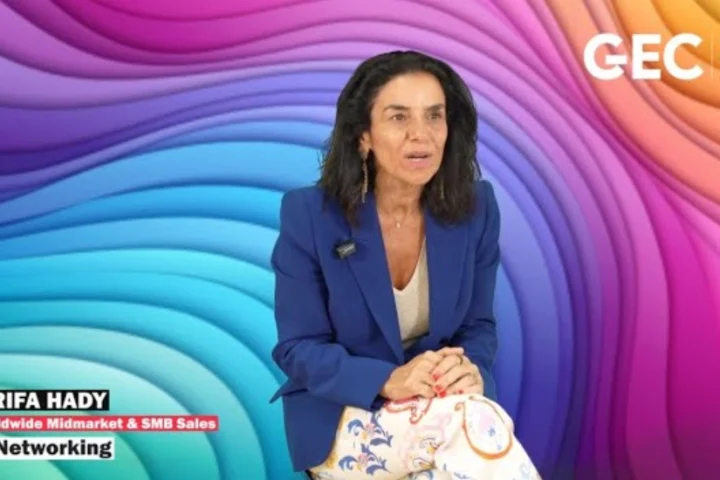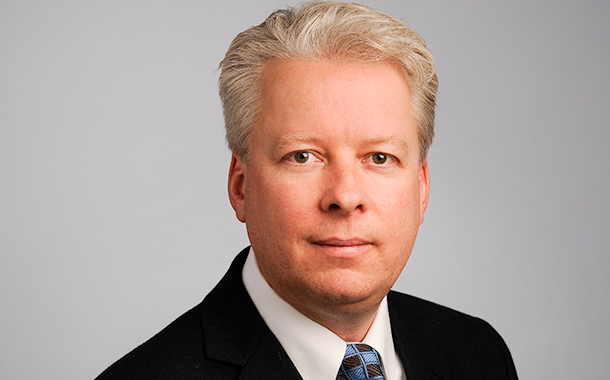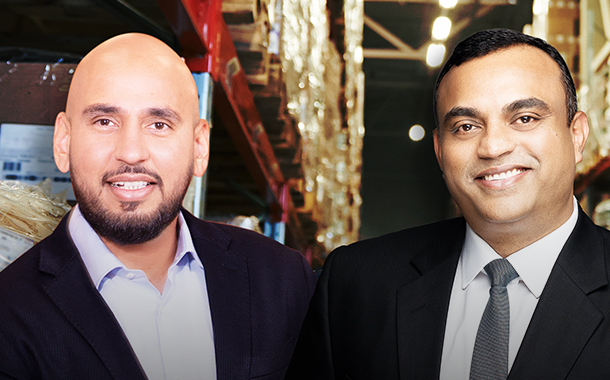In recent years, sustainability has soared to the top of the business agenda for most organisations. Channel partners have an important role to play in connecting the dots between sustainable vendors and customers seeking to deliver green IT.
If the IT industry were a country, it would be the fifth biggest emitter of greenhouse gases in the world. What is more, around fifty million tonnes of electronic-waste, e-waste is generated globally every year, and this figure only looks set to rise.
For partners, environmental accountability of IT investments will be one of customers’ top priorities within next two to three years
Tackling this environmental crisis requires a collaborative effort across the entire technology ecosystem, from vendors to consumers themselves. From a channel perspective, partners must now play a crucial role in helping their customers navigate sustainability challenges.
77% of businesses view IT asset disposition and e-waste services as an essential element of a NaaS offer according to IDC
Channel analyst Canalys recently stated that for partners, being able to position sustainability as a part of your IT-as-a-service offers is going to be key to your resale success. Canalys also confirmed that for partners the environmental accountability of IT investments will be one of customers’ top priorities within the next two to three years.
But what exactly does a sustainable IT-as-a-service offer look like?
Network-as-a-Service, NaaS is a great place to start. Recent research from Aruba has shown a clear appetite for this new network consumption model amongst end-users across EMEA. Already recognised by potential customers as a key enabler of financial flexibility and business agility, here’s how NaaS can also pull those all-important sustainability levers.
Optimising energy consumption
NaaS provides end-customers with innovative and sustainable networks that they can rent from the experts on a subscription basis. By partnering with an experienced NaaS vendor, channel companies can combine their unique understanding of their customer’s business with the vendor’s depth and breadth of product and solution knowledge to provide a network configuration that optimises energy consumption.
To further reduce the customer’s carbon footprint, modern network vendors also help deliver greener IT by sourcing electricity from renewables and utilising artificial intelligence, ML-based models to bring down power consumption.
Channel partners need to reassure their customers they are working with certified sustainable vendors to ensure climate-conscious initiatives are embedded at the very top of the value chain.
Reusing hardware
Today’s NaaS offerings are increasingly accompanied by IT asset disposition, that is ITAD services, a practice built around reusing, recycling or disposing of unwanted IT equipment in a safe and environmentally responsible way. In fact, 77% of businesses view ITAD assistance and e-waste services as an essential element of a NaaS offer according to IDC.
By factoring asset decommissioning strategies into their NaaS offering, channel partners can enable customers to participate in the circular economy, ensuring the life cycle of products is extended for as long as possible and reducing waste to a minimum.
Upcycling and remarketing idle equipment can give functional assets a second useful life, and in turn provide money back to the business for customers. Choosing pre-owned equipment where appropriate can help to expand budget for innovation projects where new technology is paramount.
Delivering data
As sustainability requirements increase, and with the eyes of the world watching, organisations will be challenged to deliver more sustainability and environmental reporting than ever before. But with networking skills a scarce resource and existing IT teams stretched to capacity trying to deliver against the continued demands of digital transformation, help is desperately needed to deliver back the necessary data.
With NaaS, organisations can again buy in this expertise – and rely on their channel partner to provide them with key metrics around power usage, carbon emissions, and end-of-life disposal.




















